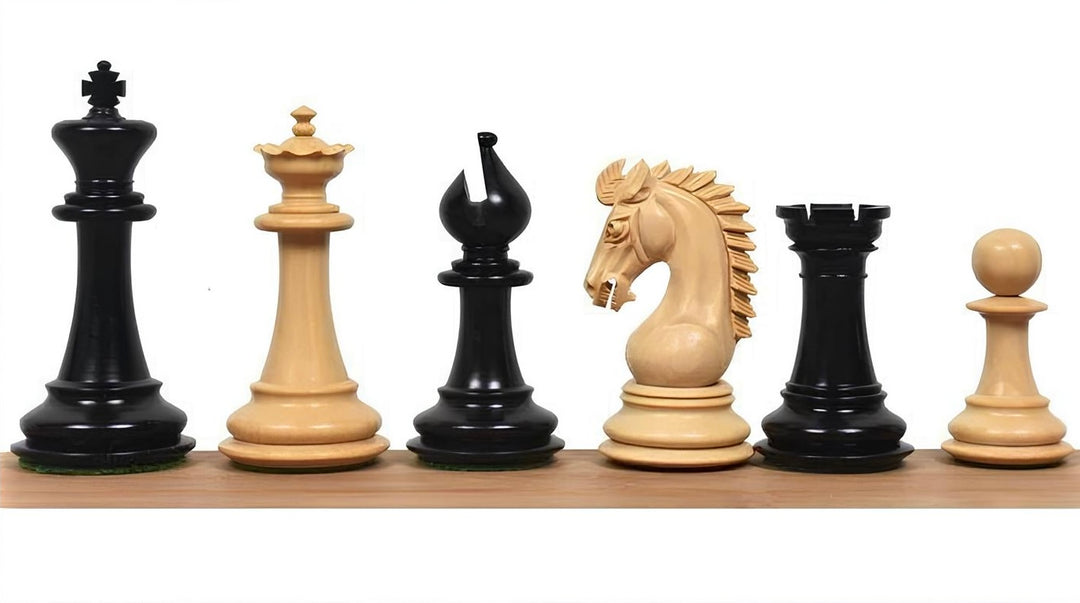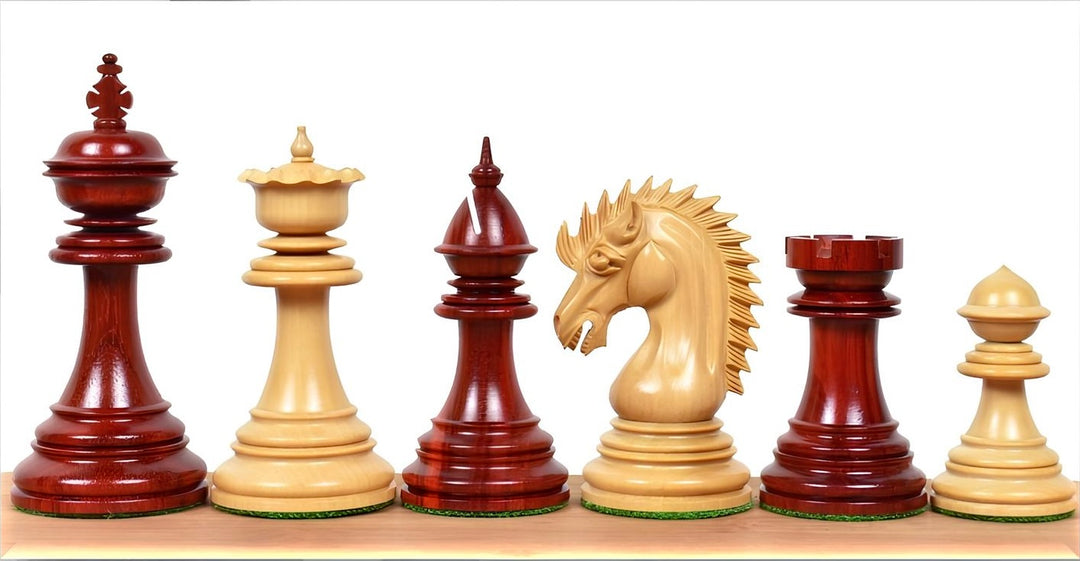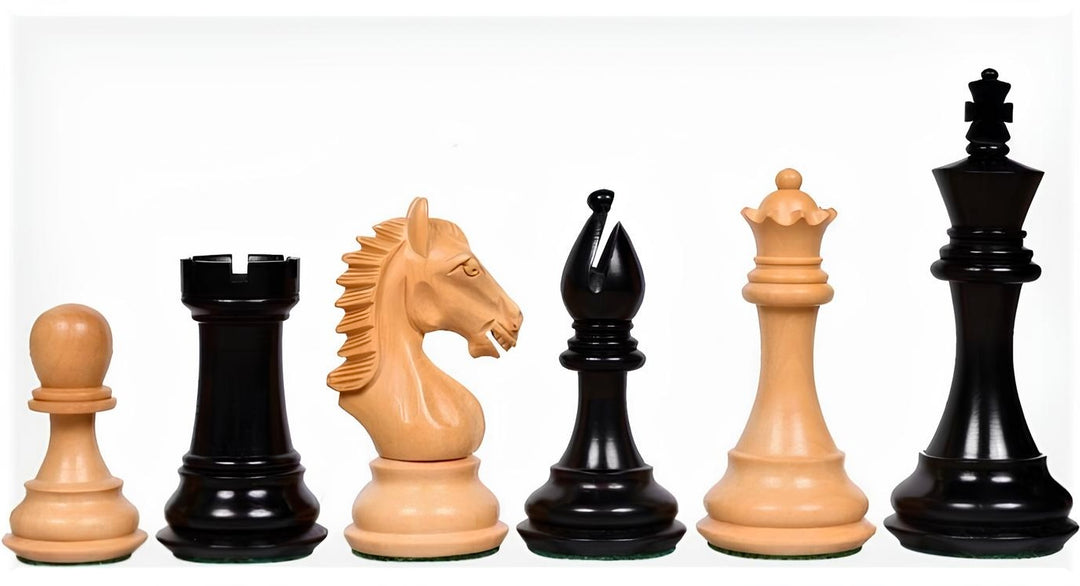Introduction to Shogi
Shogi, commonly referred to as Japanese chess, is a strategy board game that has been enjoyed in Japan for centuries. Similar to Western chess, Shogi involves two players who battle it out to capture the opponent's king. However, it features distinctive rules and game pieces, making it a unique challenge and a deep cultural treasure in Japan.
The History of Shogi
The origins of Shogi are somewhat unclear, but it is believed to have descended from the ancient Indian game Chaturanga, which also gave rise to Western chess and other strategy games. Shogi was introduced to Japan around the 8th to 12th centuries, during the Heian period. Over time, it evolved from earlier versions like Heian Shogi to the modern form practiced today. Shogi became popular among the Samurai class and was used not only for entertainment but also as a tool for military strategy training.
The Basics of Shogi
Shogi is played on a 9x9 grid, larger than the chess’s 8x8 layout, and each player starts with 20 pieces. The pieces include the King, Rook, Bishop, Gold Generals, Silver Generals, Knights, Lances, and Pawns. Each type of piece moves differently, much like in Western chess. However, one of the unique features of Shogi is that almost all pieces can be promoted to another piece when they reach the enemy’s camp, changing their movement capabilities.
Gameplay and Goals
The primary goal in Shogi is to checkmate the opponent’s king, where the king is in a position to be captured (checkmate) and cannot escape. Players take turns moving one piece at a time, trying to capture and control the board.
Drop Rule
One of the most distinctive rules of Shogi is the 'drop rule'. In Shogi, when you capture an opponent’s piece, it is not removed from the game but instead kept in hand. On subsequent turns, these captured pieces can be dropped back onto the board under your control. This rule adds a dynamic layer of strategy not commonly found in other chess variants.
Strategic Elements of Shogi
Shogi games are highly strategic, with an emphasis on flexibility and planning. The promotion of pieces and the drop rule necessitate a more fluid approach to offense and defense, often turning the tide of the game with a single move. Advanced players must consider not only how to use their pieces but how to reuse the pieces they capture.
Opening, Middlegame, and Endgame
Like chess, Shogi games can be broken down into the opening, middlegame, and endgame, each requiring different strategies and considerations. Openings in Shogi often involve setting up a strong defensive position called a 'castle' around the king while deploying pieces to attack effectively. The middlegame focuses on effective piece exchanges and positioning for attacks, while the endgame revolves around utilizing drops effectively to maintain control of the board and checkmate the king.
Cultural Significance of Shogi
Shogi holds a significant place in Japanese culture. It is not only a popular pastime but also a competitive sport with professional players, much like chess grandmasters. The title matches, especially the 'Meijin' and 'Ryuo' titles, are major events covered extensively in the media. Shogi is also used in educational contexts to teach strategic thinking and concentration.
Conclusion
Shogi, with its rich history and complex game play, remains one of the most beloved traditional games in Japan. It challenges players to think critically and strategically, offering endless variations in game play with each match. Whether as a cultural study, a casual hobby, or a competitive endeavor, Shogi continues to captivate and stimulate minds around the world.
Explore our large collection of luxurious chess sets!






















































Leave a comment